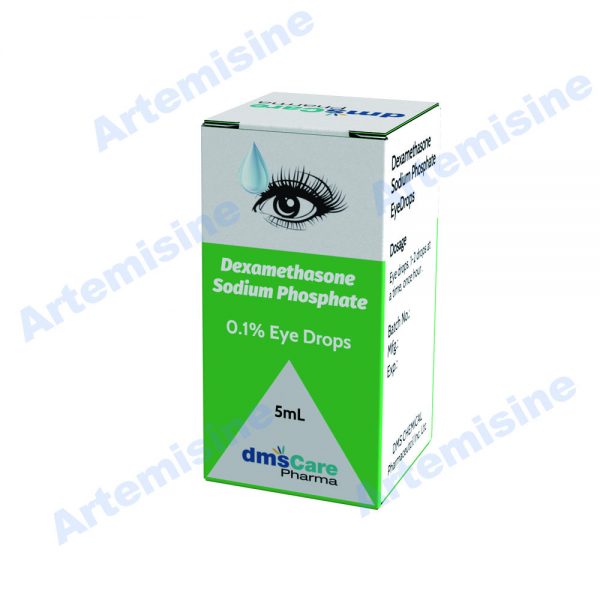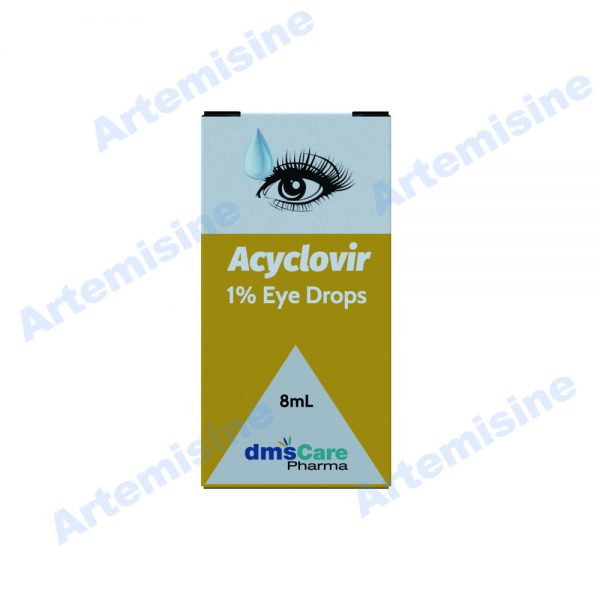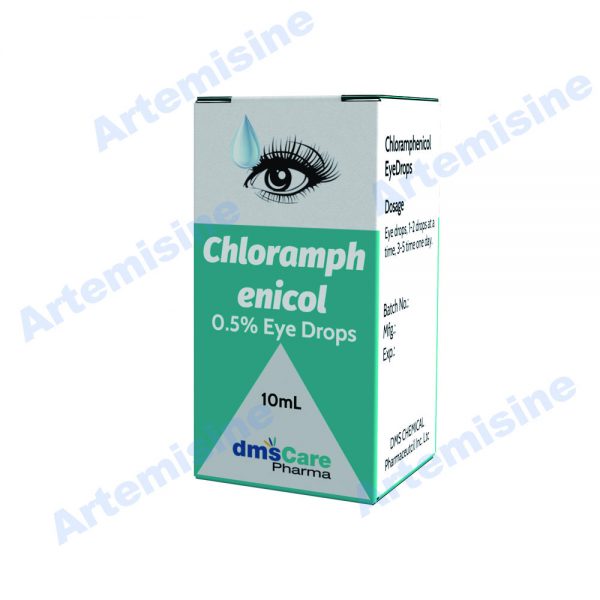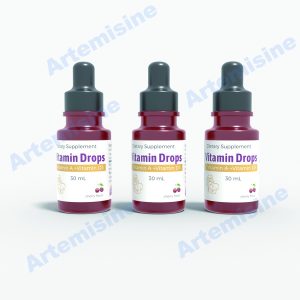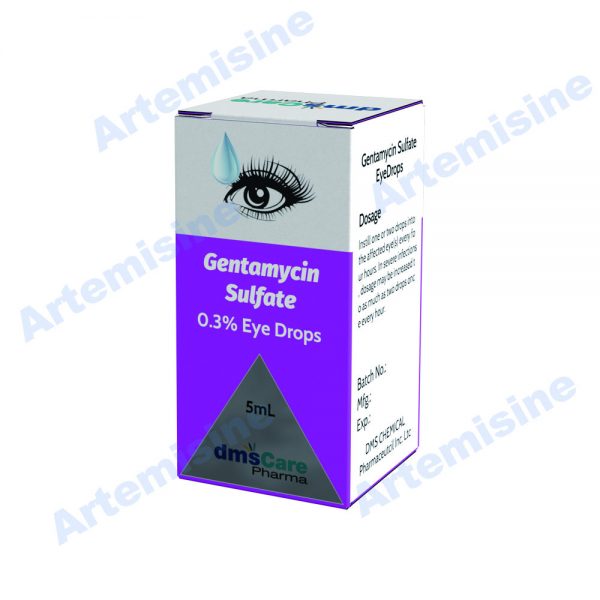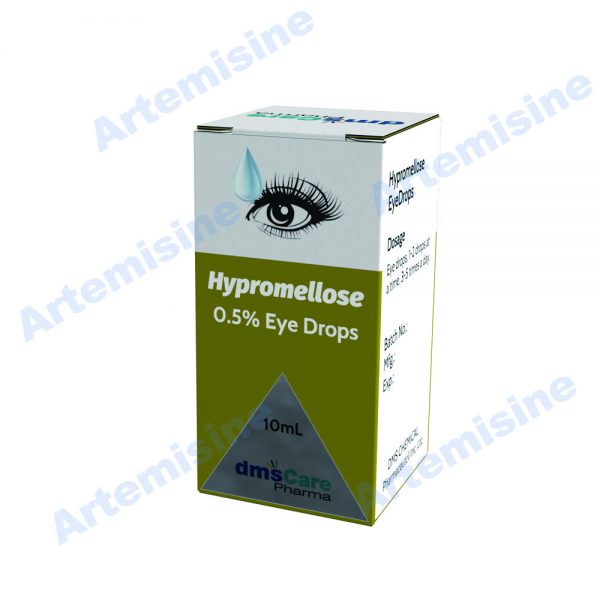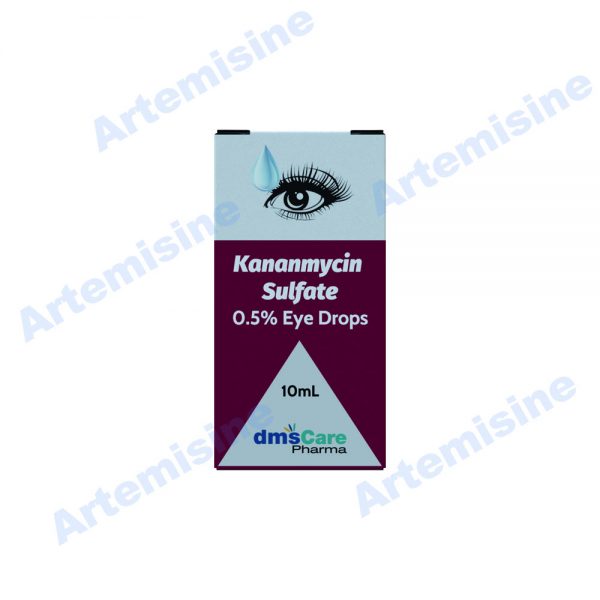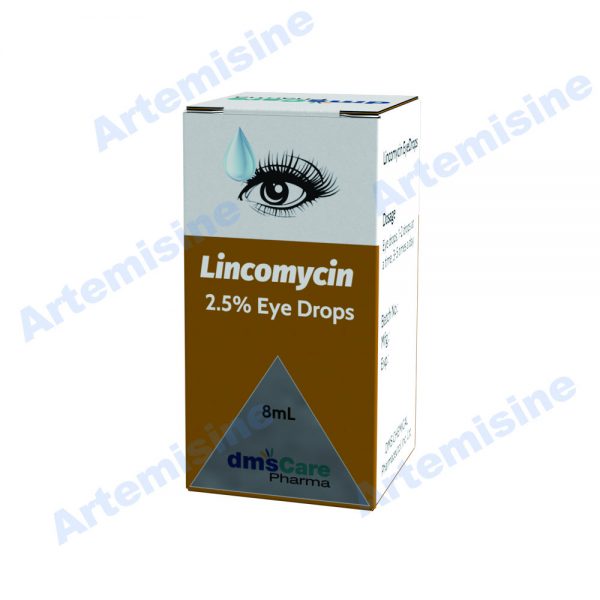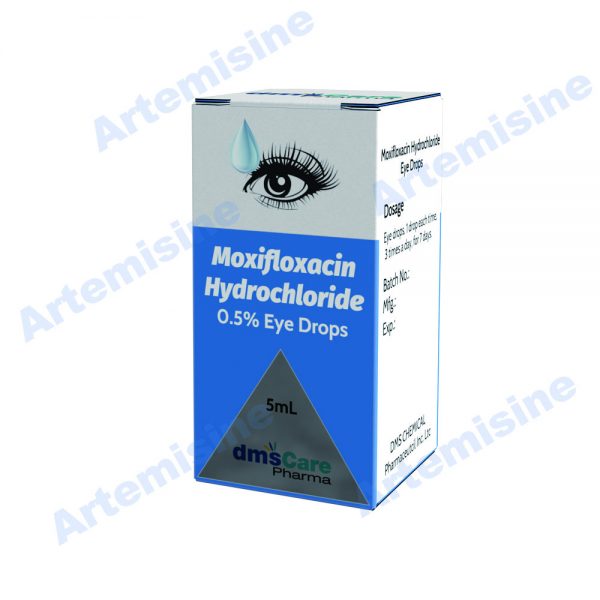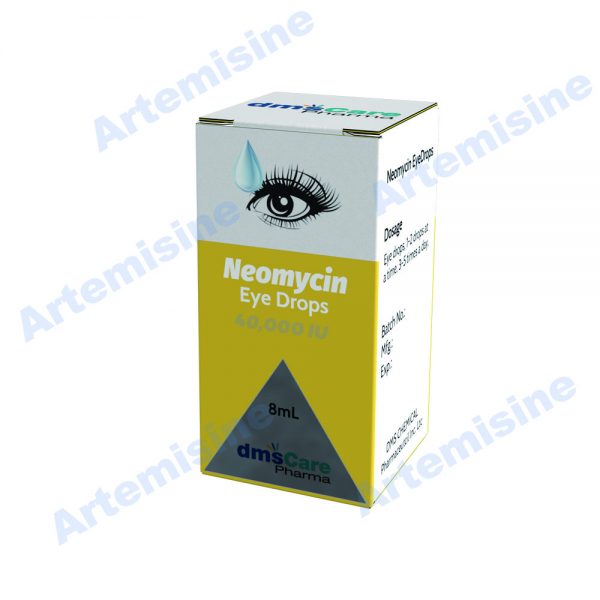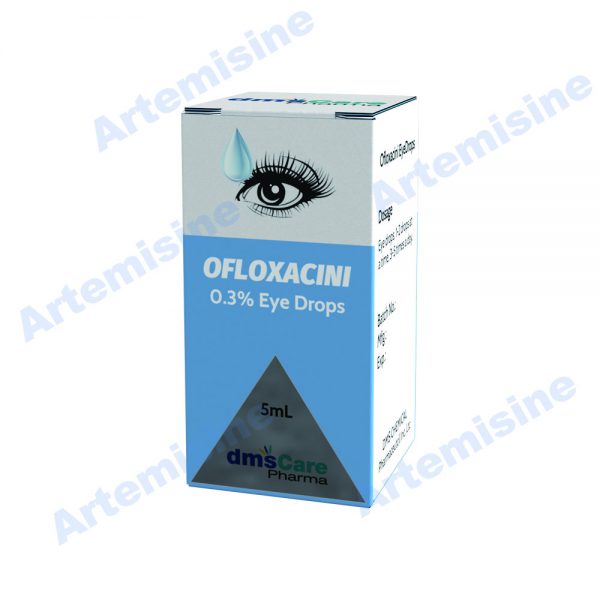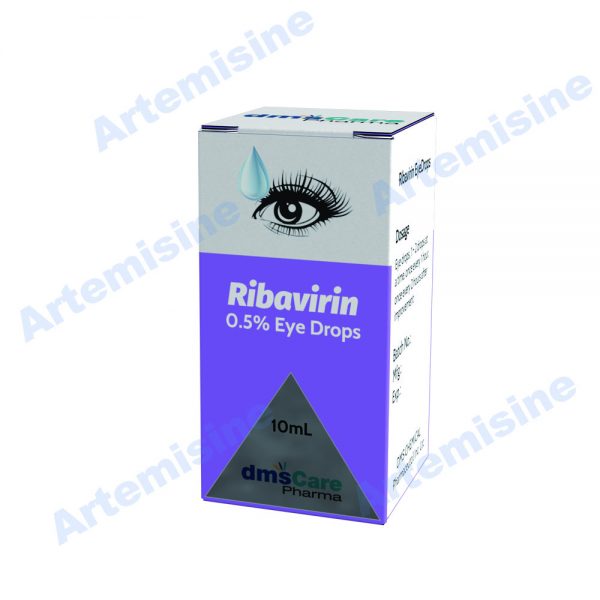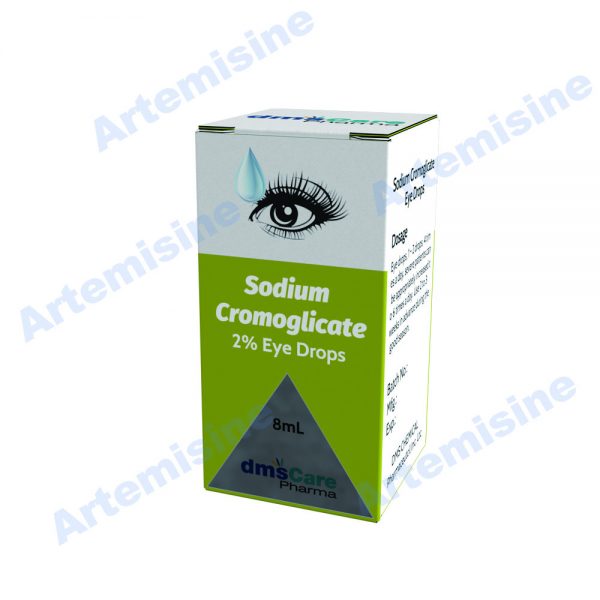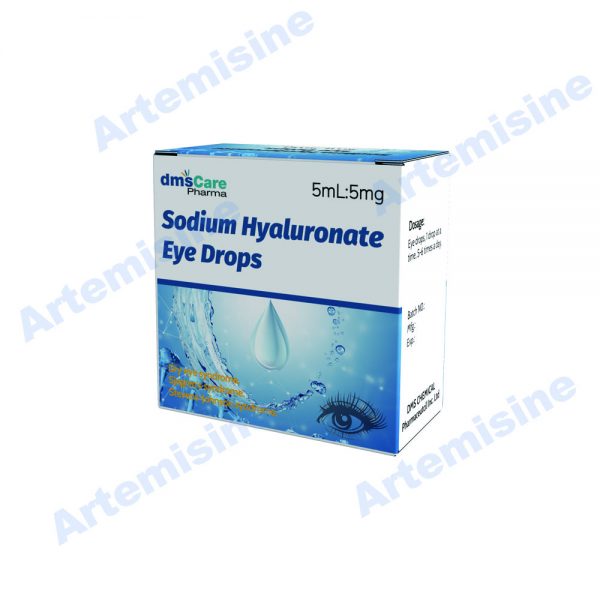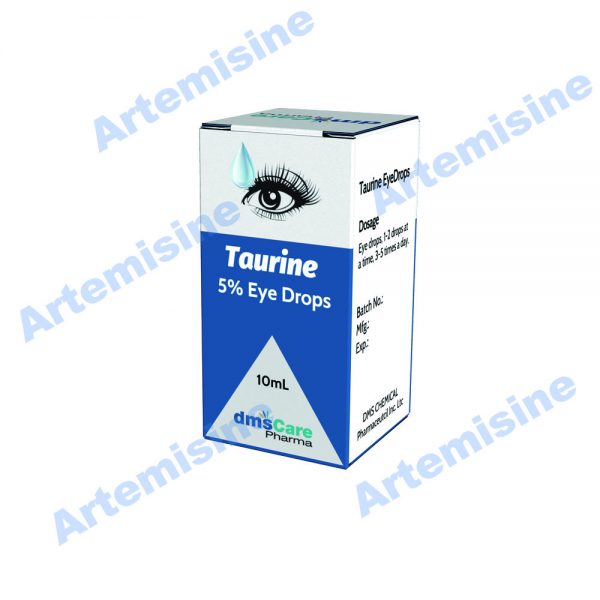Drops for medicines and supplements encompass a diverse range of liquid formulations designed for precise and convenient administration, catering to various healthcare needs. This category includes both eye drops and oral drops, each serving distinct purposes in therapeutic applications.
**Eye Drops:**
Eye drops are a specialized formulation intended for ophthalmic use. Comprising sterile solutions or suspensions, eye drops deliver medications directly to the eyes, addressing conditions such as infections, allergies, glaucoma, or dry eyes. The liquid nature of eye drops facilitates quick absorption and targeted delivery to the ocular tissues, ensuring rapid relief and therapeutic efficacy. Preservatives may be included to maintain sterility, and some formulations may be lubricating to alleviate dryness.
**Oral Drops:**
Oral drops are a versatile liquid dosage form used for both medicinal and supplemental purposes. This formulation consists of active pharmaceutical ingredients (APIs) or nutritional supplements dissolved or suspended in a liquid base. Oral drops offer advantages such as accurate dosing, rapid absorption, and ease of administration, making them suitable for a wide range of patients, including pediatrics and geriatrics.
**Accurate Dosage and Rapid Absorption:**
Both eye drops and oral drops share the advantage of allowing accurate dosing. In oral drops, the liquid form facilitates precise titration of medications or supplements, ensuring optimal therapeutic outcomes. Rapid absorption is a common feature, with eye drops acting swiftly on ocular tissues and oral drops facilitating absorption through the mucous membranes in the mouth, leading to faster onset of action.
**Patient-Friendly Administration:**
The liquid nature of drops makes them particularly patient-friendly. Oral drops are often flavored to enhance palatability, addressing taste concerns, especially in pediatric populations. The simplicity of administration makes drops an accessible and acceptable option for individuals who may have difficulty swallowing pills or capsules.
**Versatility in Healthcare:**
Drops play a crucial role in various healthcare settings. Eye drops provide targeted treatment for ocular conditions, while oral drops serve as a versatile vehicle for delivering medications and nutritional supplements. The adaptability of drops makes them suitable for a broad spectrum of therapeutic applications, contributing to improved patient compliance and overall healthcare outcomes.
**Challenges and Innovations:**
Formulating drops requires addressing challenges related to stability, solubility, and compatibility of active ingredients. Advances in formulation technologies continue to refine these liquid formulations, ensuring pharmaceutical and nutritional efficacy while enhancing patient experience.
In summary, drops for medicines and supplements, encompassing both eye drops and oral drops, represent a dynamic and patient-centric approach to healthcare. Their precision, ease of administration, and rapid action contribute to their widespread use in addressing a myriad of medical conditions and nutritional requirements.
